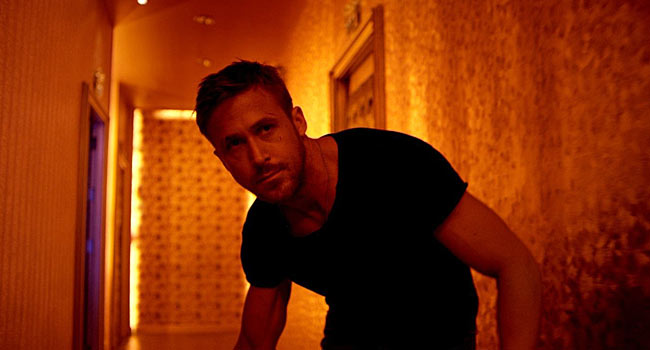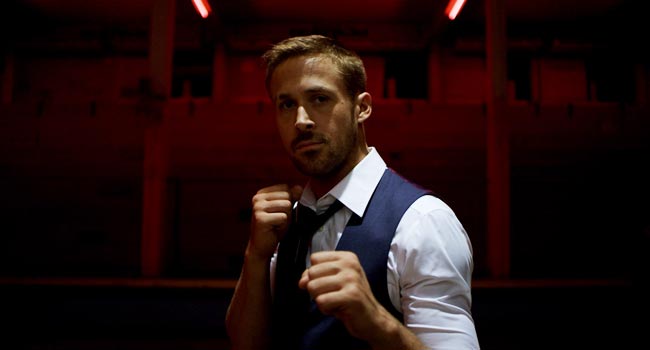
Only God Forgives is admiringly intoxicating. However, what the film excels at with its display, it lacks in with its narrative.

Only God Forgives is admiringly intoxicating. However, what the film excels at with its display, it lacks in with its narrative.
Only God Forgives is another highly-stylized film from director Nicholas Winding Refn that stars Ryan Gosling as the lead. Gosling’s character pretty much picks up where he left off in Drive, playing an emotionless badass with few words, trading hobbies of driving for boxing. Due to the sensory obsessed visuals in the film, Only God Forgives is admiringly intoxicating. However, what the film excels at with its display, it lacks in with its narrative.
The story begins when Julian (Ryan Gosling) finds out that his brother Billy (Tom Burke), who co-operates the Thai boxing club and drug trafficking business they run, is murdered for raping and killing a young Thai prostitute. A reoccurring theme in Only God Forgives is that all deaths are violent and brutal, and Billy’s death is no exception. Police Chief Chang’s (Vithaya Pansringarm) idea of justice is to lock Billy in a room with the deceased’s father for him to retaliate on Billy by beating him to death. The result of this sets Julian in action to hunt down Chang to seek revenge; if you can call it that since Billy arguably got what he deserved.
Refn wants to make sure the audience knows that its characters are not only dangerous, but also highly unpredictable. One of the ways he achieves this is by having Chang turn the table on the father that he just helped. He blames the death of the daughter partly on him for knowing and allowing her to be a prostitute. And just like that, Chang chops off the father’s arm.

I cannot help but wonder if a little more action and a little less violence would have made for a more satisfying watch. Refn constantly reminds the audience that these characters are both ruthless and unpredictable, but continues to do so long after it is well-established. For example, we must watch Chang ever so slowly disfigure a man, one appendage at a time. And it may sound like I am against the violence found in the film, which I am not. I just think it is forcefully overstated here.
One of the first things you will likely notice is the red filter that is backlit on many scenes, especially early on, as if to foreshadow the blood bath that is about to occur. Matching the stunning visuals is the hypnotic score that fits perfectly; something that Refn tends to do very well. He wisely brings back Cliff Martinez from Drive to compose the unsettling score.
Only God Forgives is methodically paced, save for sudden outbursts of ruthless violence from time to time. The film resembles a jack-in-the-box as most of the time you know what is going to happen, just not when it is going to happen. The ending feels abrupt and rushed, which is actually a bit bizarre as Gosling moves so turtle like that you mistake many of his scenes to be in slow motion. The weak ending might be because it used its great showdown between characters in the middle of the film, which feels out of place and leaves for a rather anticlimactic ending. Though some broad elements from Drive are present in Only God Forgives, fans of one will by no means guarantees that you will be a fan of the other.